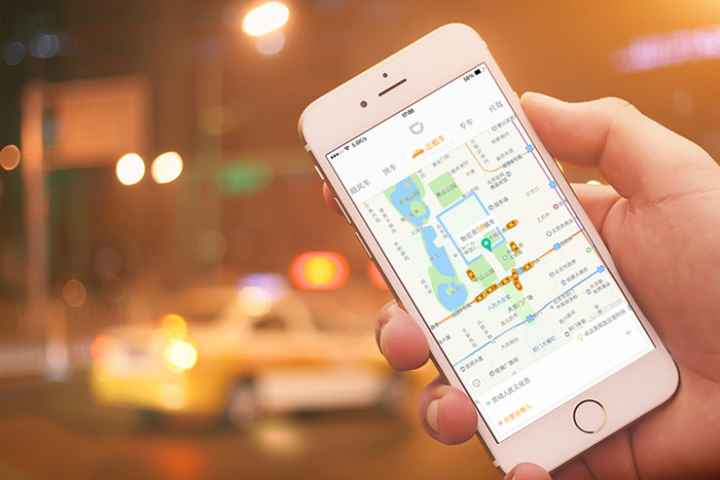
The app has actually been in testing mode since February of this year, and boasts a suite of features that will make getting around China a breeze, even with the language barrier. The app has a message-translating service that will let riders communicate directly with drivers, even if they don’t speak the same language. The real-time translation function will doubtless help Didi compete against traditional taxi services, at least insofar as foreign business is concerned.
Moreover, Didi has also made it possible for users to register with a Hong Kong, Taiwan, Thailand, South Korea, Japan, United Kingdom, France, Australia, Canada, United States, or Brazil phone number. This marks a departure from its long-held previous stance of requiring a Chinese mobile number in order to set up an account. And finally, the company will also begin accepting “major international credit cards,” so you don’t have to get a WeChat Wallet or Alipay just to take a ride.
“The internationalization of local services is an important part of Didi’s global strategy,” the company said in a statement. Indeed, Didi hopes that it will soon be in countries beyond China, as the South China Morning Post reported that the firm had established an international division to look into exploring new markets. Part of the motivation to go abroad has to do with bureaucratic pressures in China, Shaun Rein, managing director of China Market Research Group, told the Financial Times. He noted, “[Didi has] to expand abroad because they’re being hit by the regulators at home.”
Already, Didi has moved into South America by way of a partnership with Brazilian ridesharing service 99. So look out, Uber and Lyft. Didi may be coming for you on your home turf, too.


